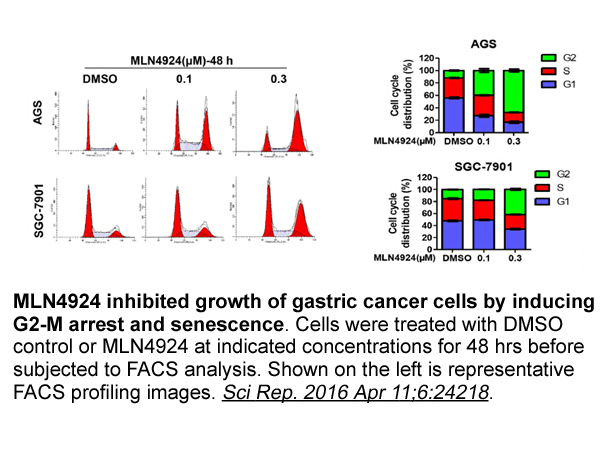Archives
Demand for kidney transplantation for ESKD has already outst
Demand for kidney transplantation for ESKD has already outstripped the supply of donated FK866 from living donors, notwithstanding the inadequate donor pool. End-of-life donation can potentially expand the donor pool but is less common. For example, in India, among the 12 294 renal transplantations done between 1971 and 2006, only 234 were from cadaveric donors. However, expanding the donor pool through national and regional organ donor registries and promotion of cadaveric organ donation holds promise in south Asia. Favourable attitudes towards end-of-life donation can be established through countering strong cultural beliefs about the afterlife that usually disregard an organ donation with culturally appropriate messages such as the notion that helping life will ease the passage to afterlife.
The World Health Assembly in 2004 feared that an increase in demand for transplantation will further increase trafficking. Trafficking of human organs is a large problem internationally, including in the south Asian countries. It is inextricably linked with a growing demand for organ transplantation in south Asia and is globally tied to ESKD. Furthermore, travelling to low-income countries to undergo organ transplantation, commonly referred to as transplant tourism, reduces the availability of donor organs for citizens in the host countries, while fuelling organ trafficking from outside countries.
Preserving kidney function is central to human health. As the President of the International Society of Nephrology notes, “when the kidney is sick, all of you is sick”. Additionally, kidney disease is making our society sick, with continual sufferings due to trafficking. Therefore, approaches to tackle CKD should address trafficking. Strong grassroots advocacy is needed to increase awareness of this core issue of kidney health. Furthermore, regional initiatives to fight trafficking and expansion of the kidney donor registry to address the demand of transplantation are imperative.
Lancet Glob Health —On page e400, the year of the Multiple Indicator Cluster Survey should be 2010–11. On page e401, the phrase “from antigen midpoint” has been removed in the sentence “Best WHO and UNICEF modelled estimates suggest that vaccination rates for BCG, measles, diphtheria-tetanus-pertussis, and three doses of polio in children aged 12–23 months had more than doubled from about 25% in 2000 to 75% in 2014.” O n page e404, the definition of “CO-1” should be “contracting-out 1 mechanism”. On page e407, the 2006 estimated unadjusted mortality in rural Afghanistan in infants should be “129 deaths per 1000 births”. Corrections have been made to the online version as of June 9, 2016.
n page e404, the definition of “CO-1” should be “contracting-out 1 mechanism”. On page e407, the 2006 estimated unadjusted mortality in rural Afghanistan in infants should be “129 deaths per 1000 births”. Corrections have been made to the online version as of June 9, 2016.